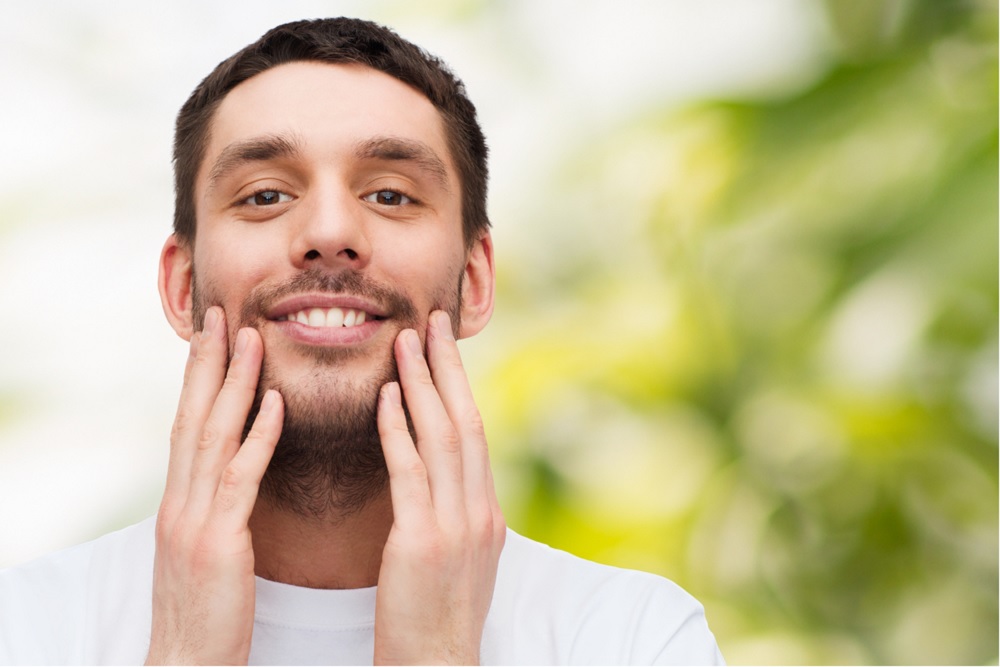Our skin is our largest organ and fulfils many tasks. As the most important protection of our body, it demarcates the organism from the outside world, defends it against harmful influences such as extreme cold or heat, sunlight and pathogens. This organ also regulates the body temperature and protects it from dehydration.
Besides its barrier function against wind, dirt, dust, UV radiation, pressure or germs, our skin serves as an important excretory organ. In our dermis there are sweat glands that produce sweat. When we sweat, we excrete toxins through our skin and this is an important relief for our kidneys.
Largest human organ with several tasks
All the protection through our skin does not happen without our knowledge. Our body receives sensory impressions through this organ and we feel pain, pressure, heat, cold or the cooling effect of sweating. On the other hand, it determines our appearance.
We therefore recognise the first signs of ageing through our skin. It becomes thinner with age, the pores enlarge and the elasticity is lost. Therefore, skin health deserves special support through various measures.
Find out your skin type!
Everyone wants to have elastic, resistant, smooth and even skin with a fresh and rosy complexion and fine pores. The first step to healthy skin is to know what type of skin we have. We divide this organ into four types: Normal skin, dry skin, oily skin, combination skin and sensitive skin. To find out your skin type, you should consult either the dermatologist, pharmacies or beauticians.
Cleanse your skin!
If you have a normal and balanced skin type, you do not need to buy expensive products to wash your face. Use a mild cleanser that is suitable for your skin type. Rinse with plenty of lukewarm water and pat dry. If your skin is dry or oily, try a different cleanser.
For dry skin, use a mild cleanser that does not contain alcohol or fragrance. Rinse gently with plenty of lukewarm water, do not use soap and avoid hot water. Once a week, treat yourself to a suitable exfoliating scrub for dry skin to remove exfoliated skin cells. This will make your skin look even more vibrant.
Make sure your skin is moist!

Even if your skin is oily, it needs to be moisturised. Therefore, use a special moisturiser for your skin every day, regardless of your skin type. Choose non-comedogenic water-based moisturisers.
If your skin is oily and prone to acne, prefer extra light moisturisers without oil. To make the moisturiser work better, apply it immediately after washing your skin.
Use sunscreen!
Remember that the sun can damage this organ in just 15 minutes. Although most moisturisers contain sunscreen, it is essential to use sunscreen, especially in summer. Be sure to apply sunscreen and reapply every three hours, even if the sky is overcast.
Wash your face carefully!

If you wash your face too much during the day, you will dry it out. Wash your face with lukewarm water in the morning. Use a soft towel to dry it and do not rub your face while drying. At night, you can wash your face with a cleanser or mild soap suitable for your skin to remove the dirt and make-up.
Watch your diet and your sleep!

Careful nutrition and sufficient Sleep are two important factors for healthy skin.
Keep your skin healthy by eating smart. Enjoy vegetables, fruits, whole grains and low-fat dairy products, as well as low-fat proteins through fish, chicken, beans and eggs. Also take valuable dietary supplements such as Carnosine, Zinc and Collagen can help protect against skin ageing.
Avoid foods high in cholesterol, fat, salt and sugar to protect this vital organ. Make sure you drink plenty of water. A good night's sleep is also very important for healthy skin. If you don't want dull skin with dark circles under your eyes, sleep regularly and well. For supple skin, you should also stay away from smoking and stressful life.





